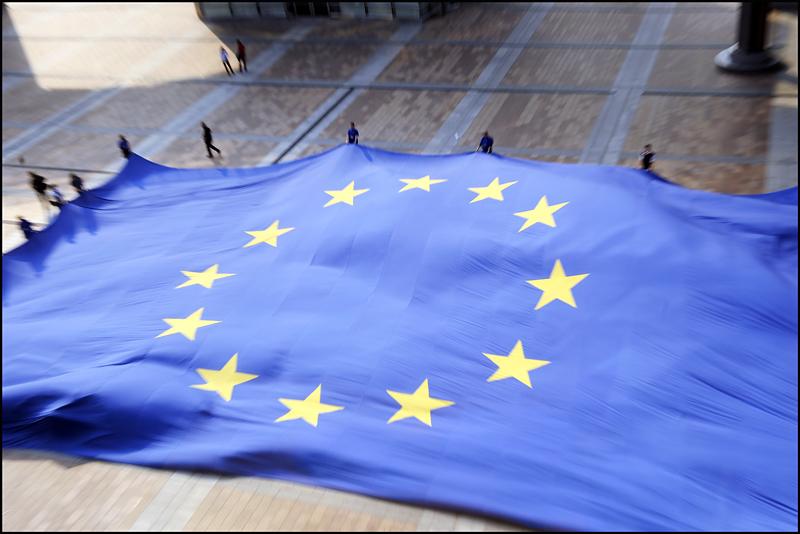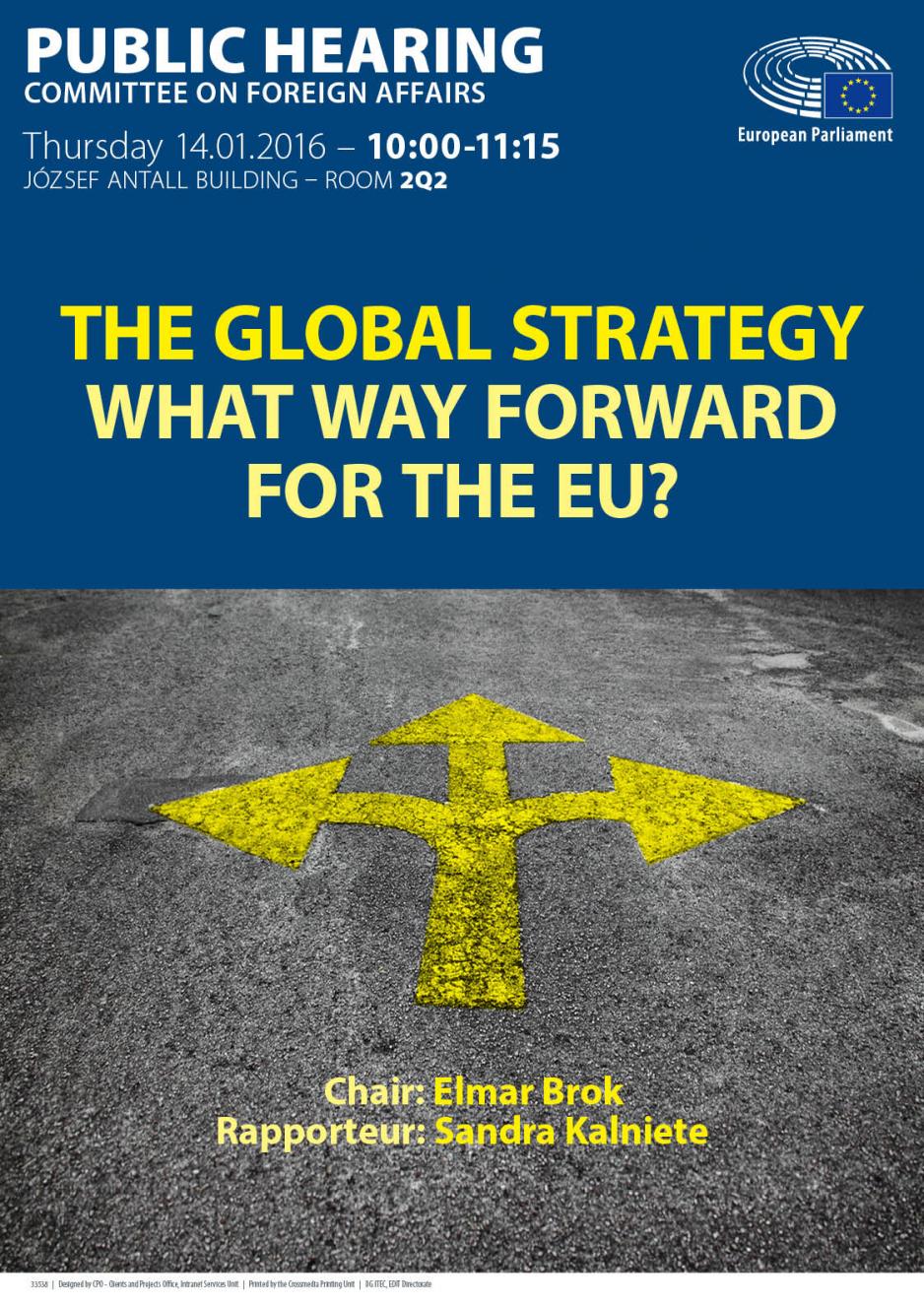The EU is not in revolutionary mode when it comes to the Arctic

The European Union (EU) is currently working on a new Global Strategy for its Foreign and Security Policy, eventually to be launched in June 2016. The Arctic will be covered by the updated foreign policy approach, however remains to be on the periphery.
The main elements of the Global Strategy were recently presented by Nathalie Tocci, Special Adviser to Federica Mogherini, the EU’s High Representative for Foreign Affairs and Security Policy, at a seminar in Oslo. According to Mrs. Tocci, fostering and strengthening regional cooperation will be a crucial element of the upcoming strategy with the EU looking at associated endeavours in all four geographic directions. Due to its already existing cooperative environment, the North/Arctic, in addition to the West, is considered the “positive side of the [strategic] story”.
Essentially, the Arctic layer of the strategy is about on how to deepen and reinforce the prevailing cooperative relationships of the region. Accordingly, an essential question arises: what can the EU do to keep the Arctic an area of cooperation?
Dont want to "upset the positive trends"
Nathalie Tocci, who is eventually responsible to coordinate the work on the Global Strategy, made clear that “the EU is not in revolutionary mode when it comes to the Arctic”. Starting from the realistic premise and observation that the circumpolar north is already a cooperative region, the EU does not want to do anything that “upsets the positive trends” of and in the Arctic.
Especially in its early Arctic policy phase around 2007/2008, the Union’s Arctic voices were not necessarily characterised by sure instincts if one only remembers, for example, Regulation (EC) No. 1007/2009 on banning the trade in seal products or the European Parliament’s idea on an Arctic Treaty, similar to the Antarctic Treaty System. However, much has changed since 2008 with the European Commission and the European External Action Service (EEAS) aiming to issue a new ‘Joint Communication on EU Arctic Policy’ this month, as it was recently highlighted in a High North News article. Apparently, the policy update will be published end of April/beginning of May.
It is assumed that the new policy paper will have a strong focus on the challenges and opportunities of the European Arctic and how to effectively interlink the various EUropean resources for the sustainable development of the region.
Similarly, Mrs. Tocci highlighted that the Union’s main Arctic contribution “is and can only cover soft security issues, such as research, science, infrastructure and climate”. Accordingly, the EU’s essential focus is on making practical contributions to Arctic cooperative relations by supporting regional resilience and sustainable development.
Want to cooperate with Russia
Mrs. Tocci’s Arctic remarks echo the Norwegian (Arctic) hopes and conributions to the Union’s Global Strategy on Foreign and Security Policy. A joint paper, elaborated by the Norwegian Ministries of Foreign Affairs and Defence in March 2016, suggests that the Global Strategy should be supportive of the Arctic Council and other arenas of regional cooperation such as the Barents Cooperation and the Northern Dimension. With the EU being an important (Arctic) partner for Norway, the Scandinavian country will continue to work for the swift formalisation of the Union’s observer status in the Arctic Council; a never-ending EU-Arctic issue that currently experiences some problems due to the difficult relationship between the EU and Russia.
And yet, with Russia not only being an eastern but also a northern power, Nathalie Tocci indicated that the EU wants and needs to cooperate with Russia on Arctic issues. The Global Strategy will actually (and naturally) highlight the EU-Russia relationship as one of the main future foreign policy priorities for the Union. Accordingly, Mrs. Tocci stated that the EU can actually learn from Norway in terms of (successfully) managing the relationship with (one of) both the EU’s and Norway’s eastern neighbour.
In an Arctic nutshell, it can be stated that the EU’s new Global Strategy on Foreign and Security Policy will emphasise the cooperative path the EU wants to take in and for the Arctic region; no more, but definitely no less. More detailed elaboration on how the EU and its institutional actors currently perceive the Arctic will ‘only’ be found in the strategy’s sub-policy on Arctic issues. It is expected that the Commission and the EEAS eventually publish their joint update later this month (or beginning of May).

